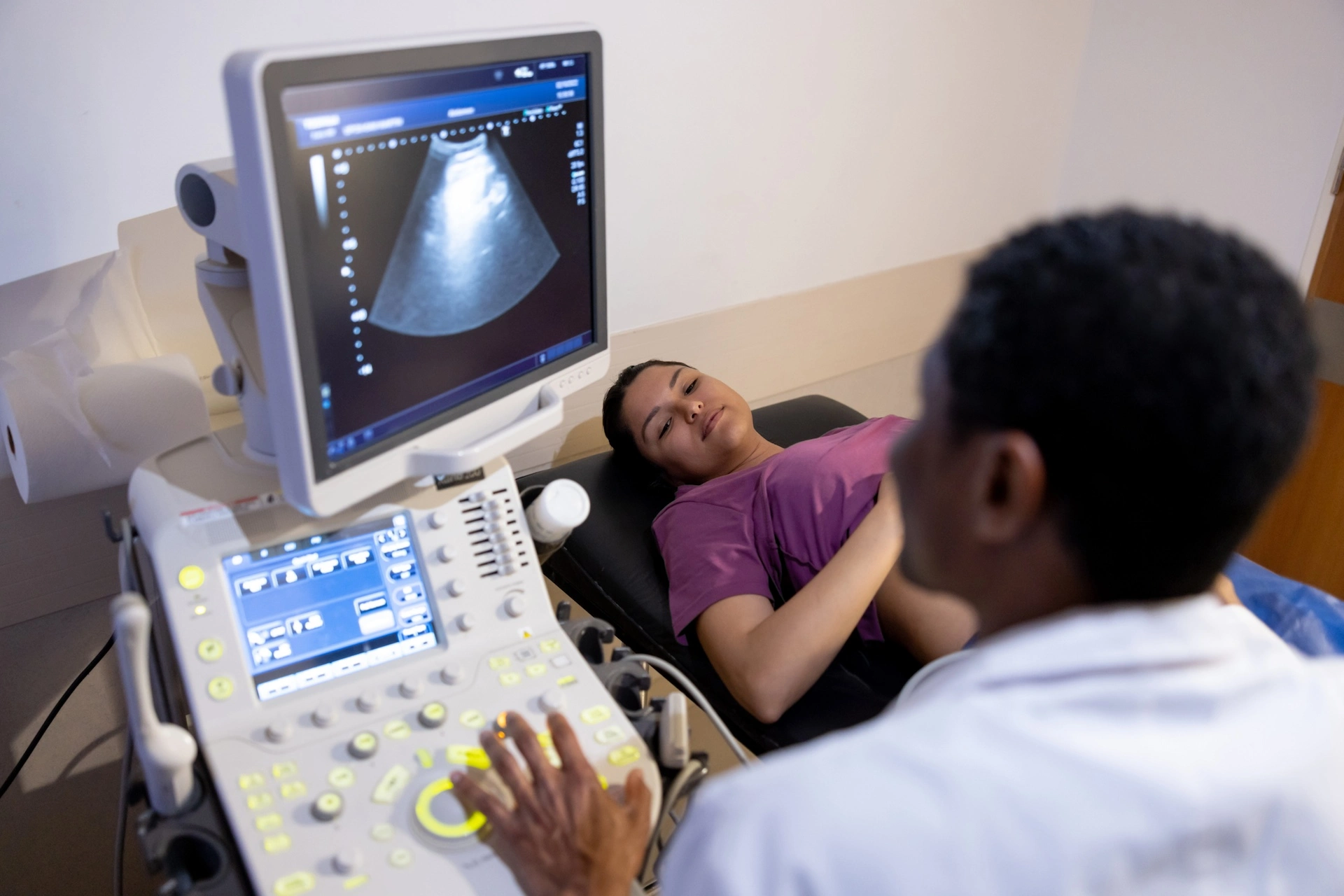Video: KP scientists on electronic health records
Kaiser Permanente’s electronic health records are world-renowned for their pivotal role in providing integrated care, and now new research confirms that the KP HealthConnect system improves outcomes for patients.
Mary Reed, DrPH, staff scientist with the Kaiser Permanente Division of Research in Oakland, has been studying how using KP HealthConnect influences diabetes care.
Reed recently published a study in the Journal of the American Medical Association (JAMA) which showed that the implementation of KP HealthConnect across Kaiser Permanente Northern California during the mid-2000s was linked to a significant reduction in emergency room visits and hospitalizations among nearly 170,000 diabetes patients.
“KP HealthConnect is not just putting patient info on the computer. It’s about what you do with that information to proactively reach out to patients,” Reed said. “We’re one of the best at using the data that we have to improve care delivery and outreach to patients.”
Good Things Happen
The study found that the rate of emergency room visits among patients with diabetes declined 5.5 percent and hospitalizations declined 5.2 percent when KP HealthConnect was in use. The researchers did not find any significant changes in the number of office visits for patients with diabetes before and after electronic health records (EHR) were implemented.
“This study demonstrates that when doctors and patients use an electronic health record, good things happen,” said Marc Jaffe, MD, a Kaiser Permanente endocrinologist in South San Francisco and co-author of the study.
Likewise, a previous study published by Reed and colleagues in the Annals of Internal Medicine found that the use of the electronic health records was associated with improved blood glucose levels, treatment intensification, and monitoring of Kaiser Permanente’s diabetes patients.
National Implications
While affirming that KP HealthConnect is working for KP patients, the studies also provide evidence to support the implementation of electronic health records nationally.
The federal Health Information Technology for Economic and Clinical Health (HITECH) Act of 2009 — a provision of the American Recovery and Reinvestment Act — authorized up to $29 billion in federal payments over 10 years to promote the use of electronic health records nationally, with penalties beginning in 2015 for medical practices that do not use them.
In the JAMA study, Reed and colleagues noted that “implementing a complete EHR system requires a large up-front investment of money and time, with careful coordination across stakeholders and end-users.”
Nonetheless, the researchers concluded that making the effort to put electronic records in place is worth the investment: “The EHR may be a powerful tool to help clinicians deliver well-targeted, high-quality chronic disease care and improve patient outcomes.”
Beyond the Office Visit
Reed’s next study will look at how the use of KP HealthConnect affected outcomes for patients with diabetes who were hospitalized.
She has also received funding from the federal Patient-Centered Outcomes Research Institute to study how Kaiser Permanente patients use kp.org and the kinds of impacts that using the online portal has on their health.
“An electronic health record is a place to store everything about the patient’s care,” Reed said. “Doctors and patients can leverage that information in ways beyond the office visit.”





This Post Has 0 Comments